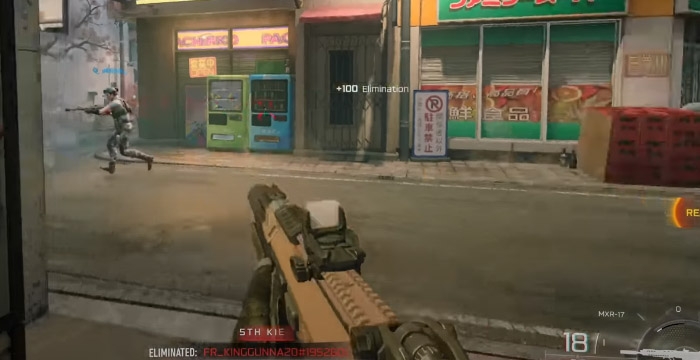Call of Duty has always commanded mainstream attention, but when Black Ops 7 launched, the reaction wasn’t what Activision had hoped for. Many longtime players — including those who spend hours grinding in bo7 bot lobbies — found the experience oddly disjointed. For a franchise that has dominated the industry for nearly two decades, the lackluster reception signaled something deeper than mere player fatigue. Much of this disappointment stems from the game’s structural issues and the rushed development timeline that shaped it.
The uploaded content makes it clear that Call of Duty as a franchise has struggled to maintain consistency. Black Ops 7 entered a difficult environment from the start: Modern Warfare 3 had already frustrated players with a half-baked campaign, and Black Ops 6—although solid—suffered from poor long-term support. Combined, these two releases eroded trust within the core gaming community. By the time Black Ops 7 arrived, fans were expecting a major course correction, not just another iteration.
Instead, what they got was a campaign pieced together from existing assets. According to the commentary in the file, huge portions of the Black Ops 7 campaign were built from slightly modified multiplayer maps or from the long-gestating Avalon Warzone map. For players, this gave the campaign an unmistakably “cheap” feel. Long gone were the handcrafted set pieces that once defined the franchise’s biggest moments.
Even more concerning was the lack of innovation. In many ways, Black Ops 7 represents a regression toward older design philosophies. While some players welcomed classic-style multiplayer pacing reminiscent of Black Ops 2, others felt it highlighted the studio’s lack of direction. New features teased early in development — such as wall running — never made it into the final version. This raised questions about how much content was cut or abandoned due to scheduling constraints.
The file also highlights the game’s sagging player interest. Compared to Black Ops 6, Steam concurrent players dropped dramatically. Although console performance remained stronger, the numbers reveal a real shift in player habits, especially with competitors like Battlefield 6 and Arc Raiders offering fresh alternatives.
The game’s reception was further damaged by its narrative flaws. While past Black Ops titles delivered complex, memorable campaigns, Black Ops 7’s story was criticized for relying too heavily on nostalgia, poorly executed plot twists, and bizarre deep-fake set pieces that broke immersion. Even standout missions were overshadowed by reused assets and padded enemy encounters.
Ultimately, the reaction to Black Ops 7 reflects a mixture of development fatigue, misguided creative choices, and an aging release model that no longer aligns with modern expectations. While the franchise is far from dead, Black Ops 7 serves as a warning: even a giant like Call of Duty can’t lean on its legacy forever. Players now expect meaningful innovation — not recycled ideas presented as new content. Whether the next entry can regain goodwill remains to be seen, but for the first time in years, the franchise’s future doesn’t feel guaranteed.
Read more: The Most Overpowered Loadout in BO7 Zombies (Best Jager Pistol Build)
